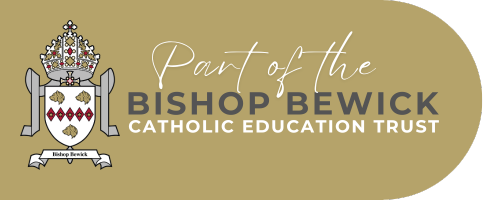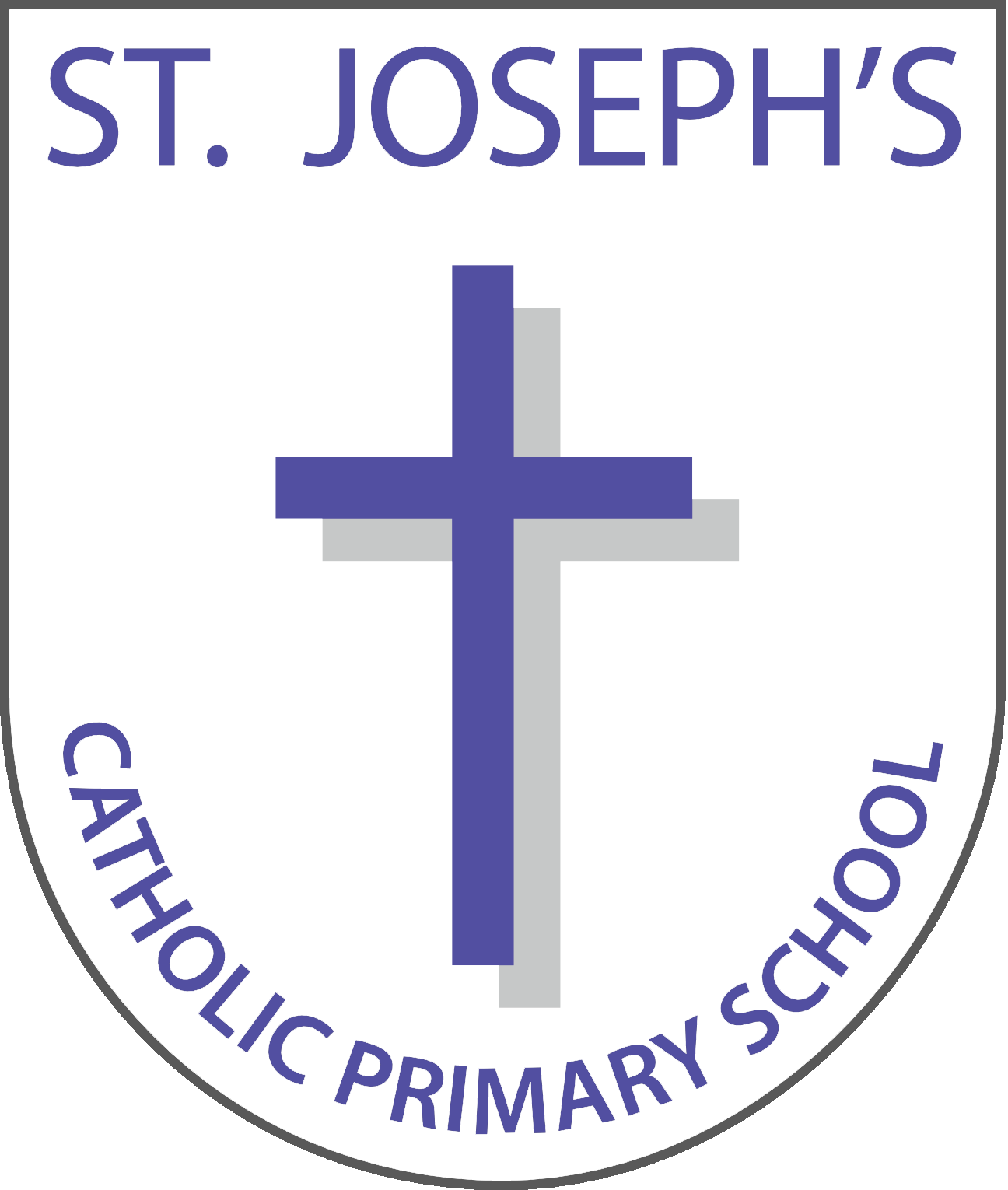
MATHS
INTENT:
At St Joseph’s we have adopted a ‘mastery’ approach to teaching and learning in Mathematics. We encourage our children to ‘chase the challenge’ in order for them to develop their knowledge and understanding of mathematics. We aim for all pupils to enjoy, achieve and become confident mathematicians.
Vision statement
Mathematics is essential to everyday life, critical to science, technology and engineering, and necessary for financial literacy and most forms of employment. A high-quality mathematics education therefore provides a foundation for understanding the world, the ability to reason mathematically, an appreciation of the beauty and power of mathematics, and a sense of enjoyment and curiosity about the subject.
Intent
We aim for all pupils to:
Become fluent in the fundamentals of mathematics so that they develop conceptual understanding and the ability to recall and apply knowledge rapidly and accurately.
Solve problems by applying their mathematics to a variety of problems with increasing sophistication, including in unfamiliar contexts and to model real-life scenarios.
Reason mathematically by following a line of enquiry and develop and present a justification, argument or proof using mathematical language.
Our beliefs
We believe that ability within Mathematics is not fixed. We are developing the mindset of ‘can do’ with our children. We believe that through quality teaching, children learning together and timely intervention that all children have the potential to broaden their understanding of mathematical concepts.
IMPLEMENTATION:
Mastery teaching and learning:
In every mathematics lesson you will see the following:
‘Quality first’ teaching; tailored to meet the needs of the learners in each class.
Daily re-call of key number facts.
Timely intervention to address gaps in learning.
Confident learners with a ‘have a go’ attitude to mathematics, whatever their previous level of attainment.
Teachers using high-quality questioning to explore children’s understanding and develop it further.
Teachers using ‘low threshold/high ceiling’ tasks to allow all children to access the learning at an appropriate level of challenge for their ability.
Teachers making use of misconceptions to further understanding of key concepts.
Teachers using a range of methods which appeal to children’s different styles of learning, employing concrete/pictorial/abstract representations of mathematical concepts.
Children being given the opportunity, through careful planning, to develop resilience and perseverance to gain a deeper understanding of mathematical concepts.
Children learning together.
Development of fluency, reasoning and problem-solving skills.
Early Years Foundation Stage
Work undertaken within the Foundation Stage is guided by the requirements and recommendations set out in the Early Years document. All children are given opportunity to develop their understanding of Mathematics. Teaching in the Early Years follow a similar approach with the use of concrete and pictorial representations to develop an understanding of Mathematics. Children are encouraged to use, enjoy, explore, practise and talk confidently about Mathematics using reasoning. The children are exposed to a language rich environment in order for them to know and understand the mathematical vocabulary needed for problem solving and reasoning. A wide range of practical resources such as Numicon and other concrete materials are used to support children to master key concepts.
IMPACT:
Our KS2 results show that attainment is in line with the national average in Mathematics. The proportion of children who achieve greater depth standard at KS2 is also in line with the national average. Given the low starting points in EYFS this means that children make more than average progress in Mathematics compared to the national average.
Children at St. Joseph’s access a broad and balanced curriculum. Teachers planning follows the National Curriculum objectives through the mastery approach thus ensuring clear progression of skills and knowledge.


